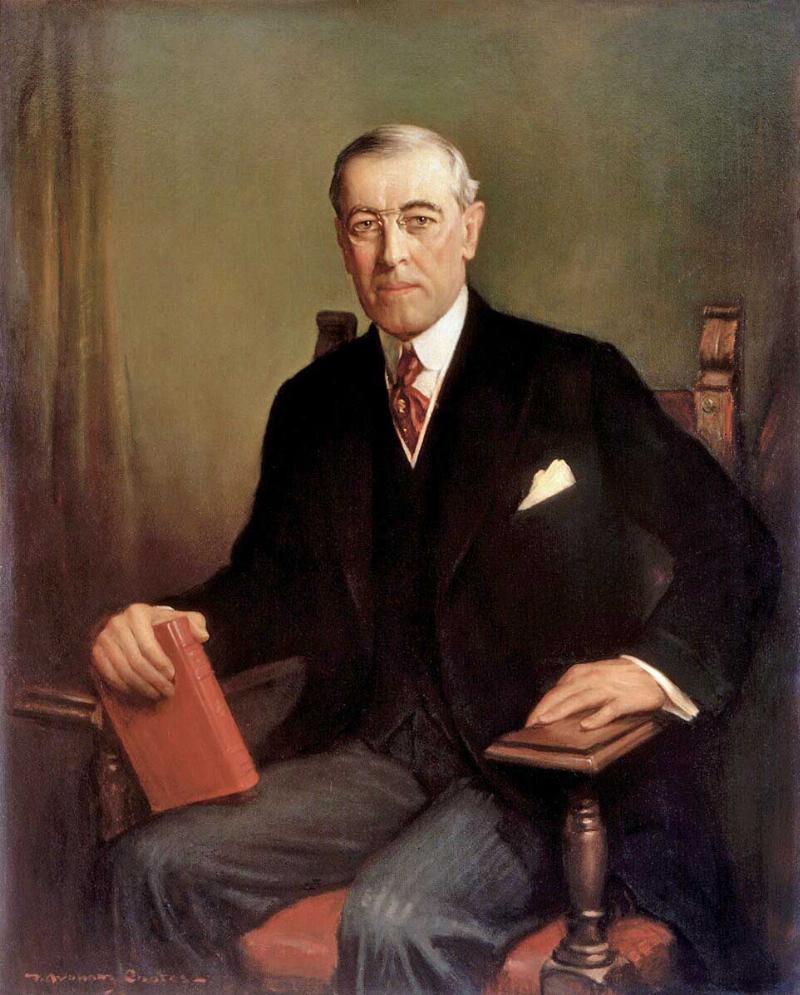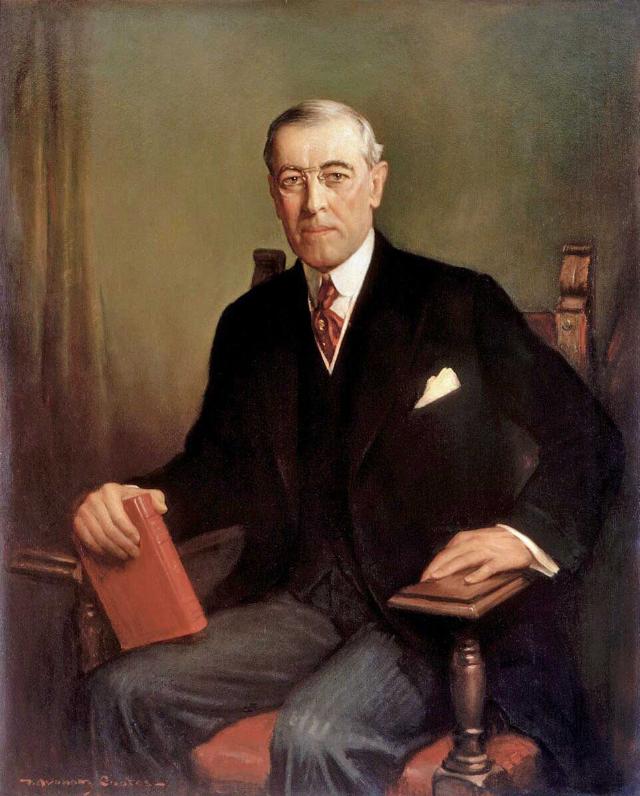


Progressivism has been tried, tested, and repeatedly found wanting. No matter how many times left-leaning intellectuals or activists insist they can “get it right this time,” the ideology remains self-destructive because it rejects the very principles on which America was built. Progressivism is not only contrary to American heritage but fundamentally incompatible with the nation’s present and past.
The story begins with a simple truth: Americans are happiest, healthiest, and most stable when their lives are anchored in enduring values. In 2016, the Pew Research Center found conservatives—especially those in rural and suburban communities—reporting greater life satisfaction than liberals in urban areas, where costs are higher and cultural pressures more intense. The lesson is straightforward. Conservatism roots people in tradition, family, and community, while progressivism drives them into fragmented, unstable lifestyles concentrated in cities where alienation is rampant.
Economic data reinforce this divide. By 2018, metropolitan areas dominated by Democratic leadership were suffering from stark polarization. The Washington Post reported that middle-class families were increasingly priced out of blue strongholds, while red-state suburbs and rural towns attracted those seeking affordability and long-term stability. This was not just an economic story. It was a cultural one. People voted with their feet, moving toward communities aligned with conservative values.
By 2019, the trend accelerated. Millennials flocked to red-state metros in Texas and Georgia, escaping the crushing taxes and regulations of New York and California. The Atlantic noted that such migration reflected growing dissatisfaction with liberal policies. Families were leaving behind once-thriving blue cities not because they disliked urban living, but because progressive governance had made it unaffordable and unlivable.
The momentum continued into 2020. Brookings Institution data showed red states outperforming blue states in per capita income growth and job creation. Conservative-led regions were gaining traction precisely because they emphasized freedom, low taxes, and regulatory restraint, while progressive areas languished under bloated government interference. Progressivism was failing not in theory but in real-time practice.
This is not only a matter of economics but of culture. The Journal of Democracy reported in 2021 that progressives increasingly framed traditional American values as oppressive relics. Such rhetoric alienated ordinary people who took pride in their nation’s heritage. By vilifying the very cultural foundation that gave America cohesion, the left created a widening gulf between themselves and the majority who still believe in tradition, family, and country.
Migration patterns show the results of this cultural and economic decay. NPR reported in 2022 that cities like San Francisco were bleeding residents while red states such as Texas drew in newcomers seeking affordability and a cultural fit. A year later, Fox News highlighted how Texas and Florida led U.S. population growth, while California and New York shrank. The message is clear: Americans consistently reject progressive governance when given the option to choose another way of life.
In 2023, progressives pushed their campaign of historical revisionism, emphasizing America’s flaws over its achievements. The Conversation noted how this deepened polarization, particularly as conservatives rallied around defending founding principles. To demean the Declaration and Constitution as outdated is to strip away the foundation of national unity. Yet, that is exactly what progressives have done.
By 2024, the exodus from blue states was undeniable. Newsweek reported significant out-migration from California and New York due to high taxes and heavy regulations. These states, once symbols of opportunity, were losing both people and capital. Meanwhile, red states flourished by offering what progressives refused to: freedom, stability, and respect for tradition.
Rasmussen Reports data in February underscored the scale of this divide. For the first time in two decades, a plurality of Americans—driven largely by residents of red states—said the country was headed in the right direction. While progressive urbanites drowned in discontent, conservatives reported optimism, bolstered by Donald Trump’s revival of traditional policies and national pride.
The deeper reason progressivism cannot work, however, lies not only in failed policy outcomes but in its philosophical roots. The White House’s 1776 Commission, established during Trump’s first term, explained why. Progressives emerged in the late 19th and early 20th centuries asserting founding principles were outdated. They argued America’s “software”—its founding documents—could no longer operate the nation’s modern “hardware.”
That belief was not a minor adjustment but a fundamental rejection of America’s identity. Progressives discarded the Declaration’s bedrock principle that rights are unchanging and naturally ordained. Instead, they embraced the notion that rights are relative, malleable, and defined by government. By doing so, they opened the door to government not as the protector of liberty, but as the bestower of temporary privileges.
“Progressives believed there were only group rights that are constantly redefined and change with the times,” the Commission noted. “Indeed, society has the power and obligation not only to define and grant new rights, but also to take old rights away as the country develops.”
Regardless of whether or not one embraces the natural rights theory, the progressive counterweight is horrifying.

Graphic: President Woodrow Wilson (1913). Wikimedia Commons. Public Domain.
Woodrow Wilson, before becoming president, outlined a system where the functions of government were “independent of legislation, and even constitutions.” In practice, this created the administrative state; a sprawling bureaucracy unaccountable to the people, growing steadily in size and influence. The Founders had designed a government bound by the Constitution, wary of concentrated power. Progressives replaced it with an unelected shadow government, undermining accountability at every turn.
This explains why progressivism repeatedly leads to social and political dysfunction. It elevates bureaucratic control above individual liberty, dismisses timeless truths as outdated, and prioritizes ideology over reality. It rejects the American spirit of self-reliance and replaces it with dependency on state managers.
Even President Calvin Coolidge, generations before today’s debates, warned of this danger. In his words: “The things of the spirit come first. Unless we cling to that, all our material prosperity, overwhelming though it may appear, will turn to a barren scepter in our grasp.” Progressives ignored that warning, and America has paid the price each time their policies gained dominance.
The record speaks for itself. Progressivism consistently produces economic decline, population flight, cultural alienation and political instability. Its philosophical foundations are incompatible with the Declaration’s assertion that rights are permanent and bestowed by nature. Its governing style undermines accountability and corrodes freedom. Most importantly, it has never created the prosperity or unity it promises.
Progressivism, eschewing the founding principles, requires endless societal reinvention. It lionizes theory and utopian fantasy over time-honored traditions and the reasonable innovations they facilitate. That is why people continue leaving blue strongholds for red states. That is why conservative communities report greater optimism and life satisfaction. That is why progressivism, no matter how often it is “rebranded,” always ends in failure.
The verdict of history and today’s reality is unambiguous: Progressivism is fundamentally at odds with America herself. To embrace it is to abandon the very heritage that made the nation great. To reject it is to affirm what countless individuals have already discovered.
The American way, grounded in timeless truths, is this country’s only path to lasting prosperity and happiness.
Dr. Joseph Ford Cotto hosts and produces News Sight, speaking the data-driven truth about economic and political issues that impact you. During the 2024 presidential election, he created the Five-Point Forecast, which correctly predicted Trump's national victory and the outcome in all swing states. The author of numerous nonfiction books, Cotto holds a doctorate in business administration and is a Lean Six Sigma Certified Black Belt. During 2014, HLM King Kigeli V of Rwanda bestowed a hereditary knighthood upon him. It was followed by a barony the next year.
